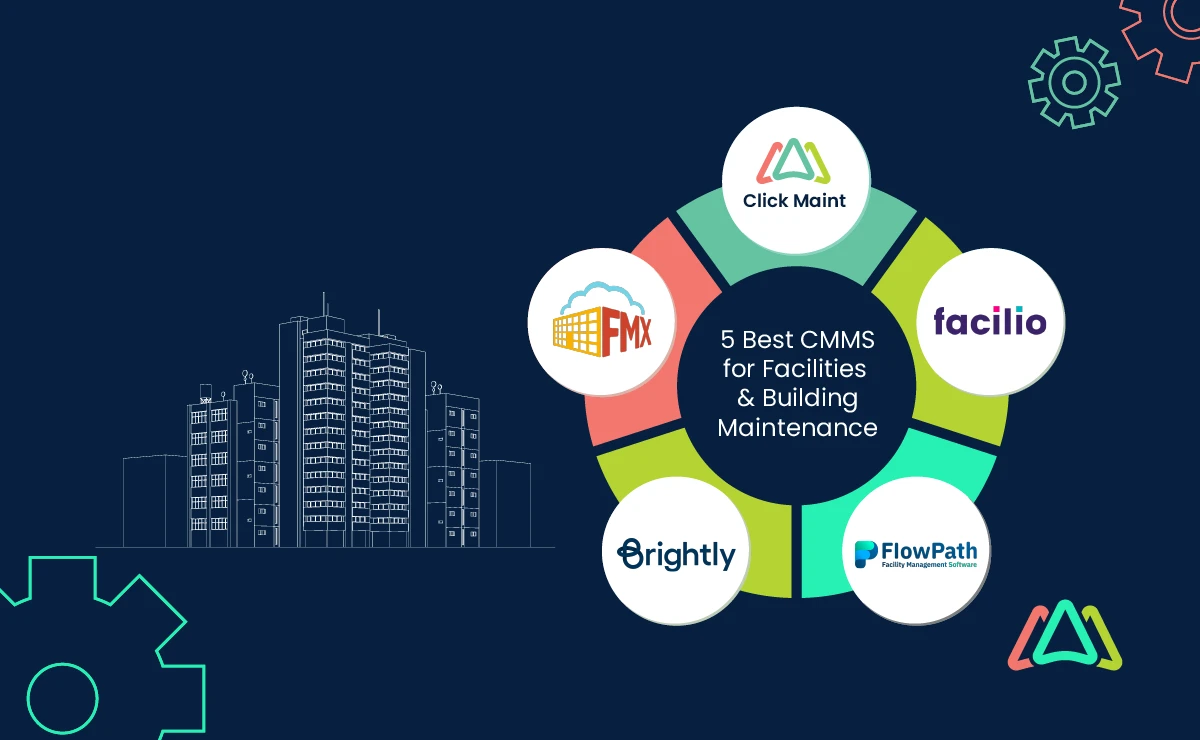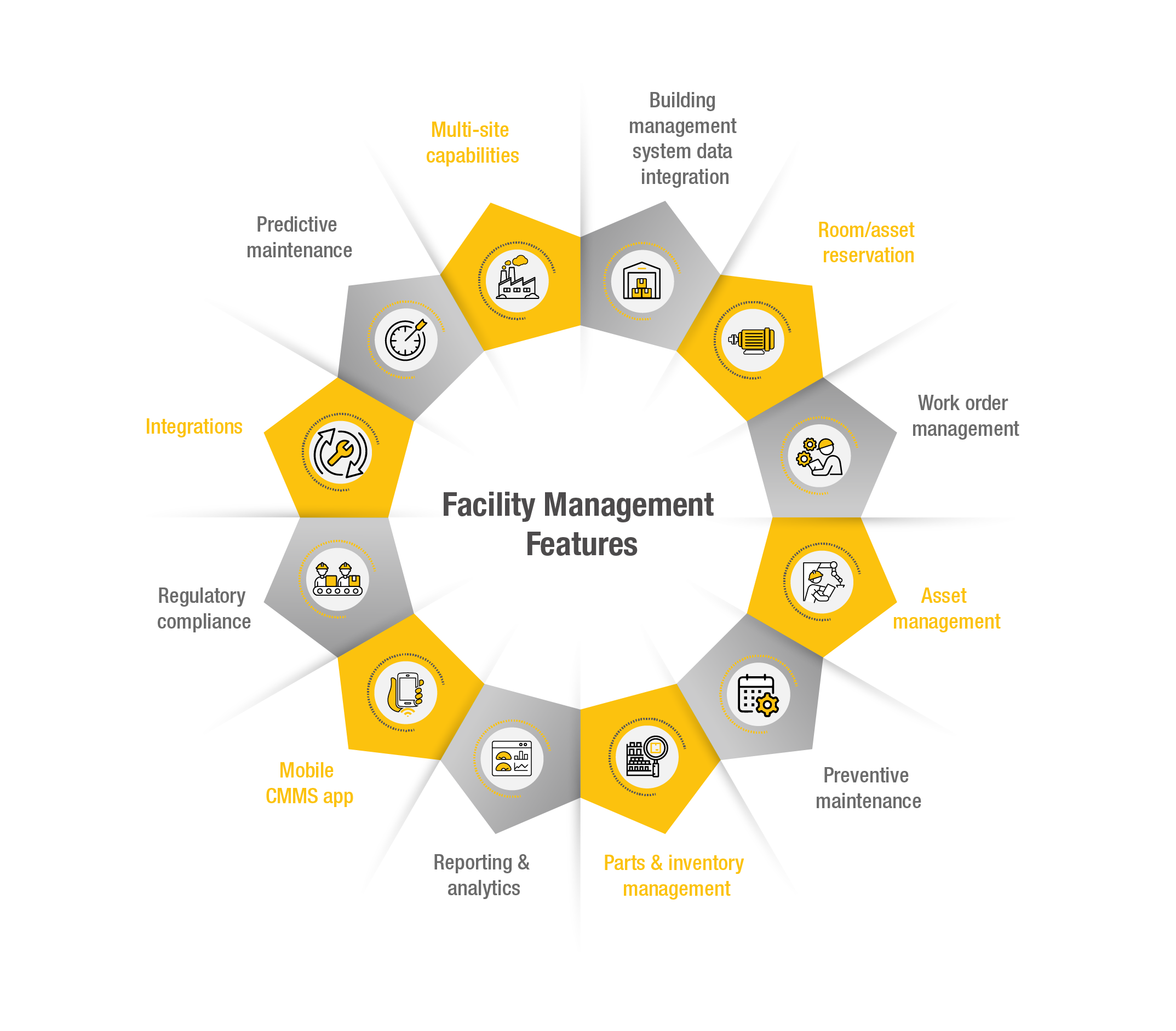Comprehensive Overview to Facility Management for Businesses
Key Trends Forming the Future of Center Administration in 2024
As we look ahead to 2024, the landscape of center administration is positioned for significant makeover, driven by numerous crucial patterns. The assimilation of clever building technologies and a shift towards data-driven decision-making guarantee to enhance operational effectiveness while focusing on sustainability in practice. Moreover, the emergence of crossbreed work designs is reshaping office environments, demanding ingenious style solutions that cater to evolving staff member needs. Amidst these changes, the concentrate on occupant health remains to get traction, highlighting the relevance of a healthy office. Just how these fads will certainly manifest in technique continues to be an essential question for industry specialists.
Smart Structure Technologies

Smart structure innovations encompass a large variety of systems, including intelligent lights, heating and cooling controls, and safety and security systems. By integrating these systems, center managers can keep track of and readjust criteria in real-time, causing significant reductions in power waste and operational expenses. Clever sensing units can spot tenancy degrees and readjust illumination and temperature accordingly, guaranteeing that power is just utilized when needed.
Moreover, these innovations help with improved information collection, allowing companies to track usage patterns and recognize opportunities for additional improvements. The execution of smart structure modern technologies not only adds to sustainability objectives but also develops healthier workplace that can boost employee performance and contentment.
As we relocate right into 2024, the fostering of wise structure modern technologies will likely speed up, mirroring a wider shift towards more intelligent, receptive, and lasting center monitoring techniques.
Data-Driven Choice Making
Significantly, companies are leveraging data-driven choice making to enhance facility monitoring techniques. By taking advantage of information analytics, center managers can obtain workable understandings that dramatically enhance operational efficiency and resource allotment. The integration of innovative technologies, such as IoT sensing units and real-time monitoring systems, enables the collection of huge quantities of data on building efficiency, tenancy rates, and power intake.
This riches of information enables facility managers to recognize patterns, predict upkeep requirements, and proactively address concerns before they intensify. For circumstances, anticipating analytics can forecast tools failures, minimizing downtime and fixing costs. Furthermore, information visualization devices facilitate better communication among stakeholders, making certain that educated decisions are made collaboratively.
Additionally, data-driven techniques boost strategic planning by enabling facility managers to examine the performance of existing techniques and make notified selections pertaining to financial investments in modern technology or framework. As companies significantly focus on functional quality, data-driven choice making is poised to come to be a cornerstone of effective center monitoring methods in 2024 and past. Eventually, the ability to leverage data properly will encourage companies to produce more reliable, efficient, and resilient centers.
Sustainability and Green Practices
The focus on data-driven choice making normally lines up with the growing focus on sustainability and eco-friendly techniques within center administration. As organizations progressively focus on ecological duty, center managers are leveraging analytics to maximize source usage, reduce waste, and minimize carbon footprints. This strategic technique allows the combination of energy-efficient systems, such as read the article LED lighting, clever Clicking Here a/c controls, and sustainable power resources into center operations.
Moreover, the execution of sustainable techniques prolongs past energy intake. Facility supervisors are promoting and adopting environment-friendly products recycling campaigns to produce a round economic climate within their centers. This not just improves the ecological profile of the company but likewise fosters a society of sustainability among staff members.
Compliance with ecological regulations is one more critical facet driving the adoption of eco-friendly techniques. By utilizing information analytics, facility supervisors can keep track of conformity metrics and recognize areas for enhancement, guaranteeing adherence to worldwide and neighborhood sustainability standards.
Hybrid Job Models
A substantial change towards crossbreed job versions is reshaping the landscape of facility administration in 2024. This standard incorporates remote and in-office job, demanding a reevaluation of space use, source appropriation, and employee involvement methods. Organizations are significantly identifying the importance of flexible work areas that deal with diverse demands and choices.
Center managers should adapt by executing flexible workplace styles that sustain collective efforts while supplying areas for focused job. This includes the integration of modern technology to help with smooth communication and partnership amongst remote and in-office employees. Smart structure solutions, furnished with sensing units and analytics, permit real-time monitoring of room usage, allowing companies to maximize their environments effectively.
Additionally, hybrid work designs stress the need for effective facility monitoring that prioritizes employee experience. This includes not only innovation and room style but also the development of policies that promote a well balanced work-life dynamic. As companies Web Site browse this change, the duty of facility management becomes critical in producing an active work environment that cultivates performance and drives business success. Basically, the hybrid work model is reinventing center monitoring, encouraging a proactive approach to meet the developing demands of the workforce.
Enhanced Resident Health
As companies welcome hybrid job models, a heightened concentrate on passenger wellness is coming to be integral to center administration techniques. Facility Management. This change identifies that a completely satisfied and healthy labor force straight impacts performance and retention rates. Center managers are now focusing on atmospheres that promote physical and mental well-being, incorporating elements such as all-natural lighting, biophilic layout, and easily accessible wellness sources

Technology plays an important function in this development. Smart building systems can monitor environmental elements and adjust settings in real-time, ensuring optimum convenience levels - Facility Management. Moreover, comments mechanisms, such as occupancy sensing units and staff member studies, enable facility managers to continually refine wellness campaigns based on occupant demands.

Conclusion
In 2024, the future of center management will be significantly influenced by the integration of wise structure technologies and data-driven decision-making, cultivating boosted operational effectiveness. Sustainability initiatives will certainly prioritize environment-friendly techniques, while the development of hybrid job versions will require adaptable office styles. Furthermore, a heightened concentrate on resident health via advanced a/c systems and biophilic layout will certainly add to much healthier work atmospheres. These trends jointly underscore the developing landscape of facility management in reaction to contemporary challenges and chances.
Center supervisors are advertising and taking on green products recycling initiatives to develop a circular economic climate within their centers.A substantial shift towards hybrid job designs is reshaping the landscape of center monitoring in 2024.In addition, hybrid work versions highlight the need for effective facility management that focuses on employee experience.As companies accept hybrid work designs, a heightened emphasis on resident health is ending up being essential to center management approaches.In 2024, the future of center management will certainly be substantially influenced by the assimilation of smart building technologies and data-driven decision-making, promoting boosted operational performance.